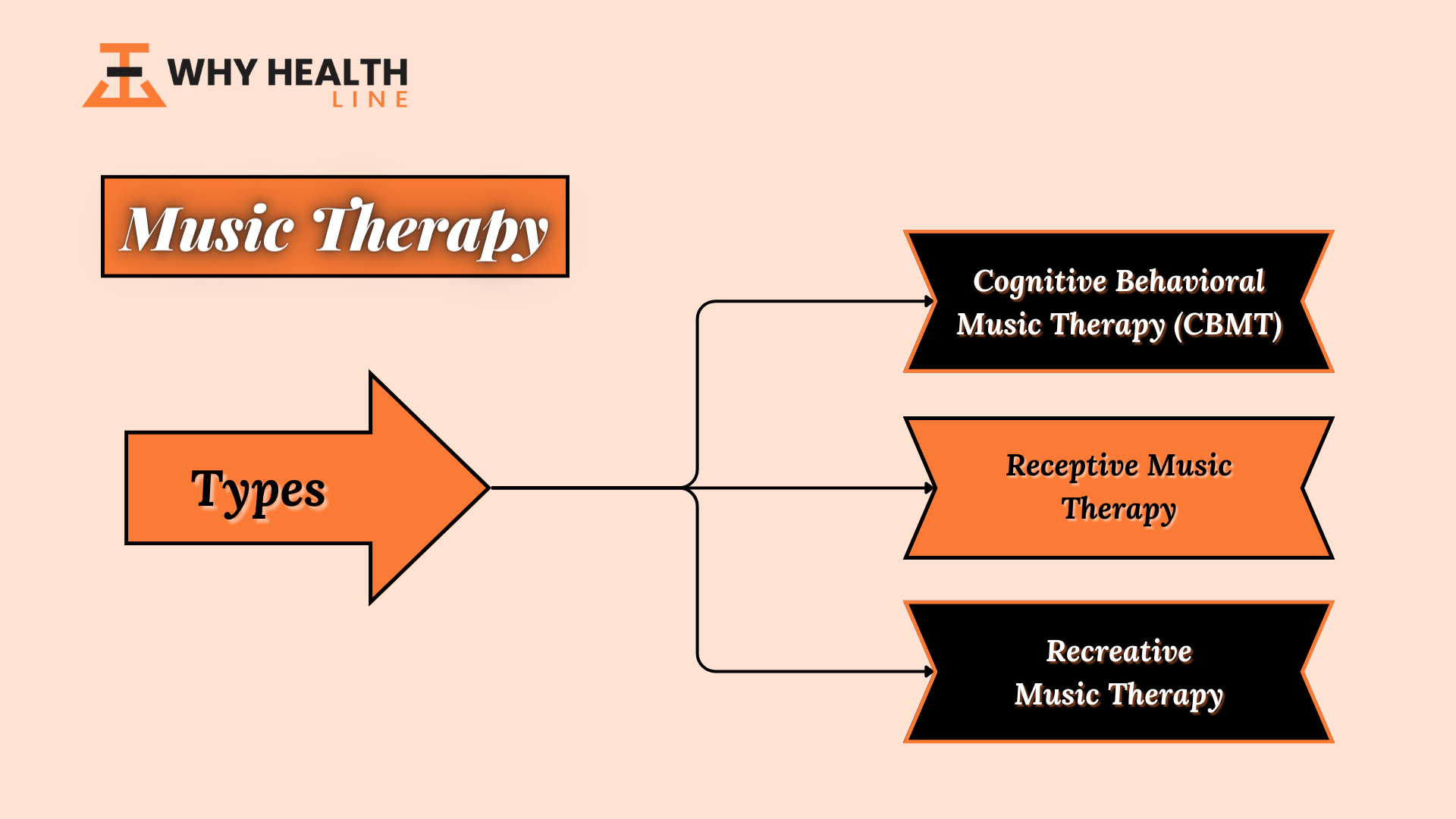
Introduction
Music therapy is an evidence-based therapeutic approach that utilizes music’s mood-lifting properties to address various disorders, promote wellness and help people to improve their mental health.
It is a goal-oriented intervention that may involve singing, listening, composing, and responding to music or playing instruments.
Anyone belonging to any age group can engage in music therapy. This is because music therapy does not require a music background to deliver its benefits.
This clinically proven method can impact all aspects of the brain, body, and cognitive abilities. It can also influence people’s behavior.
This therapeutic approach is performed by certified and trained music therapists. They work in a variety of healthcare and educational environments.
In this article, we will provide you with insights into the benefits of this therapeutic approach, who needs it, and how it works.
How Does Music Therapy Work?
Therapists employ the powerful abilities of music to improve a person’s overall well-being. It promotes positive physiological behaviors. These behaviors provide a solid foundation for managing and treating various disorders and emotional issues.
For example, in a meditation exercise, patients are usually asked to regulate their breathing with the help of music. This may promote muscle relaxation by lowering their blood pressure levels.
These exercises can positively influence a person’s psychological well-being and support them to manage their pain or stress in a more effective way.
Moreover, when patients listen to certain music and express their emotional responses, it can help them focus their attention and express their feelings in an improved way.
Therefore, this therapeutic approach generally works best for people who are suffering from mental health issues such as anxiety, depression, or grief.
This method also helps manage rehabilitative needs after a person suffers from a stroke, a traumatic injury, or with chronic diseases like Alzheimer’s disease or Parkinson’s.
Types of Music Therapy
There are multiple types of music therapies that therapists utilize depending on the patient’s condition and preferences.
Cognitive Behavioral Music Therapy (CBMT)
This approach proves to be extremely beneficial for treating long-term depression and anxiety issues. It is a combination of cognitive behavioral therapy with music.
In this therapy, music is used to reinforce some behaviors that positively impact people’s brains. However, this method is not structured and may involve processes like dancing, singing, listening to music, or playing musical instruments.
Receptive Music Therapy
In this kind of therapy, patients listen to music so they can respond to it silently or by expressing their emotions through words or dance.
This goal-oriented method works to facilitate memory, promote relaxing behaviors, and enhance a person’s overall mood.
Recreative Music Therapy
Recreative music therapy employs the impactful effects of music to help people relax. It effectively helps improve muscle tension, promote self-awareness, and strengthen coping skills.
During this therapy, people are encouraged to sing along to a song, play musical instruments, or simply listen to music.
Benefits of Music Therapy
Music therapy imparts people with multiple psychological, emotional, spiritual, and cognitive benefits, which usually include:
1. It Elevates Mood
Music can stimulate the brain’s production of dopamine. These increased dopamine levels can significantly help relieve depression and elevate mood.
In addition to the brain, music therapy can also exert a profound effect on people’s overall bodies and help them to concentrate.
2. It Stimulates Memories
This therapy has been proven to be very effective in relieving some of the symptoms of Alzheimer’s and Dementia. It can help patients relax, improve their mood and stimulate memories.
3. It Enhances Self Reflection
Music therapy is one of the most effective mediums to promote self-reflection. Self-reflection can help us uncover our inconsistencies, enable us to make significant changes in our lives, and help us build positive attitudes.
Music therapy can undoubtedly enhance self-reflection and improve our quality of life.
4. Music Triggers Pleasure
Excessive cortisol production in our brain fuels stress levels and triggers feelings of anxiety and depression. Studies have shown that cortisol production decreases when we listen to music.
This can alleviate the fight-or-flight response. Music therapy also boosts feel-good chemicals in a person’s brain and triggers pleasure.
Music Therapy: Stress & Mindfulness
FAQs:
Is Music Therapy Scientifically Proven?
Music therapy is a scientifically proven and evidence-based approach that can reduce pain perception, helps relieve the symptoms of anxiety and depression in patients, and gives them a sense of better control over themselves.
Are There Any Negative Effects of Music Therapy?
It usually proves to be an extremely safe approach without having any kinds of side effects. However, in some cases, very loud music or certain types of music may result in irritation for some people or make them feel uneasy.
In some rare instances, a particular type of music can also trigger strong reactions or reminisce memories that could vary from pleasant to painful.
Can Music Therapy Help with Depression?
It has been proven to be very effective in relieving feelings of grief and depression. Furthermore, it can also help people with communication and expression, improve their mood and help them enhance their coping skills.
